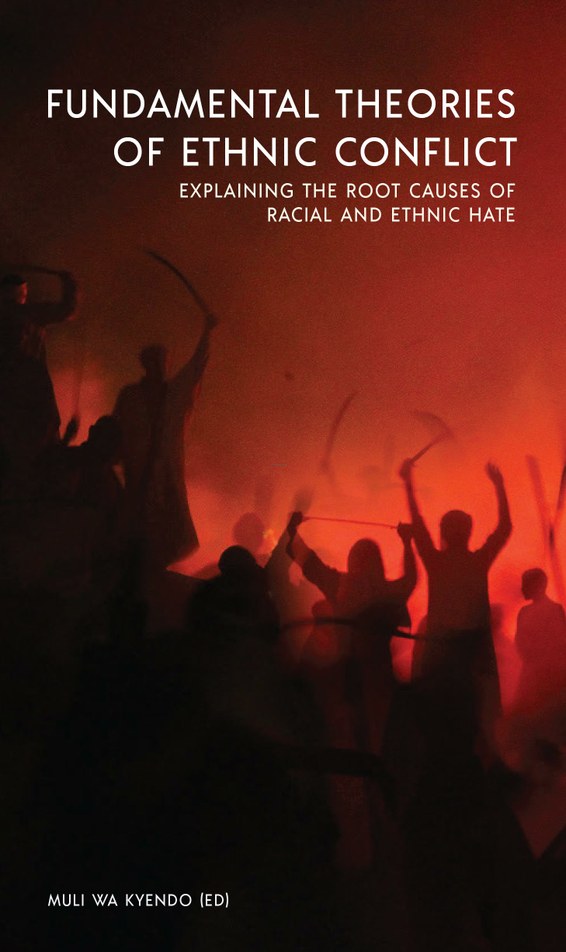|
In this second of two articles on writing fiction dialogue, we examine the need to personalize the way the characters sound.
Typically, a new writer will tend to make dialog sound the same for all characters. This could be fine if all characters possessed the same dialect with no vocal mannerisms. However, it's rare for any group of people to have members who sound the same. Further, a story will prove confusing if the reader can't instantly recognize whoever is speaking.
For example, one person may carefully choose sophisticated language while another may talk like a car salesman. One may coo like a nursemaid and another grunt like a wrestler. It's strange, then, to read a novel or story where everyone speaks the same.
Dialogue is an important part of each character you build in your story. Naturally., a wrestler might talk like a wrestler and a salesman will be glib. These are obvious stereotypes, but a normal story usually contains a group of characters who have more similarity than a wrestler and a salesman.
In that case, the writer might simply modify the same-sounding dialogue written in the first draft by using short sentences for one character, dialect for another, pauses for the third, hackneyed phrases for another, and so on. Always adjusting, of course, to mannerisms that would be typical for the characters who are speaking. (Perhaps one is flighty and impatient, while the other is methodical and studious.)
In the heat of creativity, a writer might well begin by writing in her or his own voice. After all, its difficult to write when technicalities stand in the way. However, later in the second and third draft, it is essential to personalize the dialogue to prevent confusion in the mind of the reader.
So, next time you write fiction, compare the sound of the characters. Make sure every character has a unique voice.
 Fundamental Theories of Ethnic Conflict, by Muli wa Kyendo (ed.)
Fundamental Theories of Ethnic Conflict, by Muli wa Kyendo (ed.)
Description
This book develops and expands on theories that aim at explaining the root causes of ethnic and racial conflicts. The aim is to shift focus from research, policies and strategies based on tackling the effects of ethnic and racial conflicts, which have so far been ineffective as evidenced by the increase in ethnic conflicts, to more fundamental ideas, models and strategies. Contents extend across many disciplines including evolution, biology, religion, communication, mythology and even introspective perspectives.around the world.
Drawn from around the world, contributors to the book are respected and experienced award winning authors, scholars and thinkers with deep understanding of their special fields of contribution. The book was inspired by the conditions in Kenya, where ethnic violence flared up with terrifying consequences following a disputed election in 2008. Although the conflict was resolved by the intervention of the international community, Kenyans like many other Africans - continue to live in fear of ethnic conflicts breaking out with more disastrous consequences. The book will be useful to policy makers, NGOs and others involved in promoting peace. It will also be useful in guiding research and as a text book in universities and colleges.
Handbook of Research on Examining Global Peacemaking in the Digital Age, Bruce L. Cook (ed.)
Description
Violent behavior has become deeply integrated into modern society and it is an unavoidable aspect of human nature. Examining peacemaking strategies through a critical and academic perspective can assist in resolving violence in societies around the world.
The Handbook of Research on Examining Global Peacemaking in the Digital Age is a pivotal reference source for the latest research findings on the utilization of peacemaking in media, leadership, and religion. Featuring extensive coverage on relevant areas such as human rights, spirituality, and the Summer of Peace, this publication is an ideal resource for policymakers, universities and colleges, graduate-level students, and organizations seeking current research on the application of conflict resolution and international negotiation.
Visit our sister web sites..
http://www.author-me.com/
http://www.authormepro.com
http://www.reservebooks.com/
http://www.strategiesforpeace.org/
http://www.sudanlit.com/
http://www.cookcom.net/
http://www.innisfreepoetry.org
We have developed a world peace website: www.wwpo.org
Publishing New Writers,
December 2019 (vol. 20, no. 12)
Publisher:
Dr. Bruce L. Cook
1407 Getzelman Drive
Elgin, IL 60123
Submissions/comments cookcomm@gmail.com. Links are welcome. To subscribe and/or review our archive of past newsletters, go to
http://www.author-me.com/newslist.htm